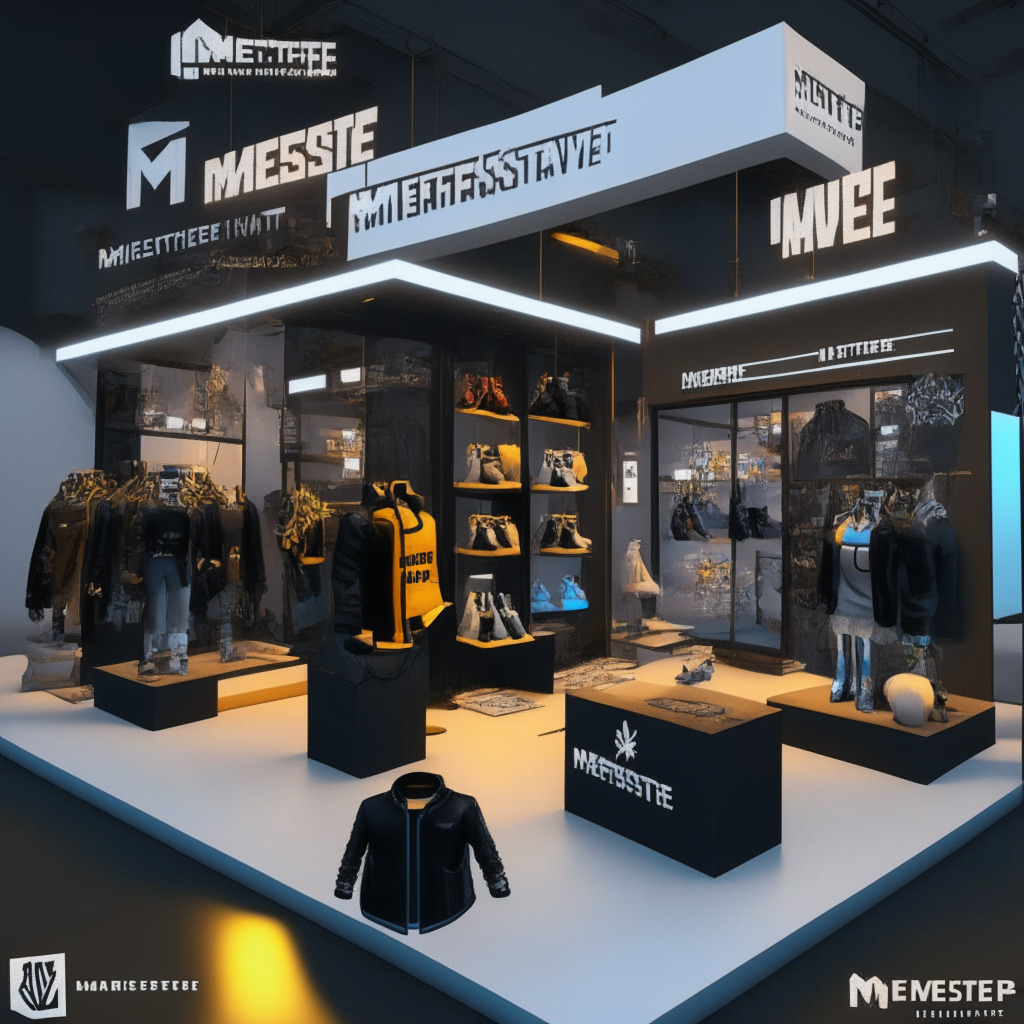It has been a week since Optimism’s Bedrock release, and the layer two scaling solution has already seen positive results. One particular area that has gained attention is the significantly lower gas costs. At a glance, average gas fees per transaction, payable in USD and ETH, have decreased by 74.5% and 73.9% respectively. The cost to Optimism users for data storage on Ethereum mainnet has also decreased by over 55%.
Fees to send ETH on Optimism are now less than that of Starknet but still higher than Arbitrum One and zkRollup technologies Polygon zkEVM and zkSync Era. Though this is the case, the cost to swap tokens on Optimism is lower than that of the two popular zkRollups but still slightly higher than Arbitrum.
A huge part of the Bedrock upgrade was to prepare Optimism for a Superchain future. Head of DeFi at Optimism Labs, Smit Vachhani, shared his excitement about the upgrade in a Twitter spaces conversation, stating that it begins the modular roll-up paradigm for the team and that they are going deeper into the world of re-using technology that is modular, flexible, reusable, and future-proof.
Vachhani also mentioned a larger roadmap coming out in the following weeks related to moving into the interchain world. He highlighted the importance of removing core parts of infrastructure from the realm of tech development, allowing developers to tinker with the apps more and enable further technological advancements.
Optimism will be taking time to understand what users and developers need and then determine the best course of action, according to Vachhani. He emphasized the value of collaboration rather than competition with other teams working on interoperability.
While the Bedrock release brings some exciting developments and cost reductions to the blockchain space, it’s important to consider its position against competing technologies such as Arbitrum One and zkRollup platforms. It would seem that while Optimism has made strides in reducing gas costs, there are still more cost-effective scaling solutions available, for certain types of transactions.
As Optimism continues to pave its way into the interchain landscape, the ultimate winners will likely be the users and developers that benefit from these technological advancements. Collaboration and competition both play vital roles in pushing industry boundaries and driving innovation. The reduced gas fees associated with Optimism’s Bedrock release is certainly a step in the right direction, but the race to the most efficient and user-friendly blockchain solutions is far from over.
Source: Blockworks




